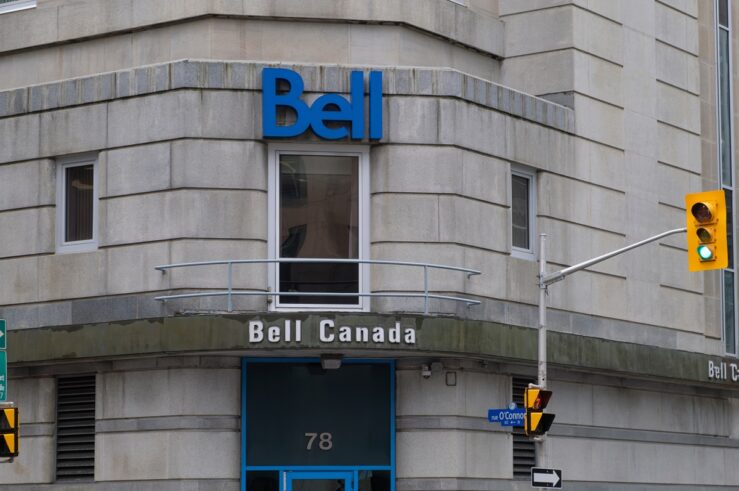Lynn Stout from UCLA School of Law just posted a paper on SSRN entitled “The Mythical Benefits of Shareholder Control.” The article is forthcoming in the Virginia Law Review. Here’s the abstract:
In ‘The Myth of the Shareholder Franchise‘ [also forthcoming in the Virginia Law Review], Professor Lucian Bebchuk argues that the notion that shareholders in public corporations can remove directors is a myth. The same argument was made by Berle and Means in 1932. Not only is shareholder power to remove directors largely a myth in U.S. public companies, it has been widely recognized as a myth for three-quarters of a century.What should we conclude from this? Professor Bebchuk concludes the time has come make shareholder power a reality. But there are many myths – vampires, alligators in the sewers – we would not want to make real. Part I of this Response to Professor Bebchuk’s article argues that we should not want to make shareholder power to oust directors more real because, while board control worsens agency costs, it offers important economic benefits to shareholders as well. In particular, board control promotes efficient and informed decisionmaking; discourages intershareholder opportunism; and encourages valuable specific investment in corporate team production.
Because board control has costs and benefits, theory cannot tell us whether we should make it easier for shareholders to oust directors. We must look to the evidence. Part II concludes the evidence does not support Bebchuk’s proposal. To the contrary, it suggests shareholders in public firms reap net benefits from board control.
Why then do so many observers believe shareholders need more power over boards? Part III argues that calls for “shareholder democracy” appeal to the media and many observers not because they are based on evidence, but because of emotion. The emotional appeal of shareholder power can be traced to three sources; the common but misleading metaphor that shareholders “own” corporations; the opportunistic calls of activists seeking leverage over boards for self-interested reasons; and a strong but unfocused sense that something (anything!) should be done in the wake of recent corporate scandals. The result has been widespread propagation of a second myth – the myth that shareholder control of public companies benefits shareholders. The Response concludes by reminding readers of the dangers of policymaking based on myth rather than evidence, using the cautionary case of stock options.
I read the article with interest for a number of reasons, including that it is timely in light of the featured discussion of “Who’s the Boss?” between Profs. Smith and Bainbridge over at Point of Law, and I heavily cited Bebchuk’s piece in my latest article “The Case Against Mandatory Annual Director Elections and Shareholders’ Meetings.” I was particularly interested in Part II of the article, “Empirical Evidence Favoring Board Power” (Note that a mere two days ago Mike Guttentag in a comment on the Glom re: the “Who’s the Boss?” discussion posited “[s]ince we appear to be moving into the golden age of empirical legal scholarship, the next question to address would seem to be: what is the evidence (other than past precedent) that the extent of authority granted the board is about right, too little or too much? ” See here.). However, I found the article disappointing on this front. It points out that investors can choose which firm’s shares they buy and firms can choose through there governing documents how much power to allocate to shareholders. It then cites some unnamed studies indicating “that equity investors generally don’t prefer companies that give them stronger rights.” The article points out that during the 1990s between 34% and 82% of IPO companies had staggered boards, a feature that weakens shareholder rights. Further, the article notes that Google went public with a dual-class capitalization, a feature “that left outside investors largely powerless.” Yet, investors nonetheless gobbled up the shares. This, the article asserts, indicates “investors ‘revealed’ a preference for a firm in which they themselves had almost no power,” and serves as “compelling empirical evidence that investors themselves often prefer weak shareholder rights.”
The article fails to address, however, an alternative explanation–the IPO price for Google reflected a lack-of-control discount. Yes, this would mean that the Google guys “could have raise[d] more money by offering shareholders more control.” But perhaps the Google guys concluded that the benefit of the retained control outweighed the price, i.e., the lack-of-control discount. I don’t know whether this alternative explanation is correct, but it seems entirely plausible. And it would not support a claim that investors preferred a firm where “they themselves had almost no power,” but instead a requirement that they be compensated for giving up power. Hence, I think the question Mike raises remains open.




